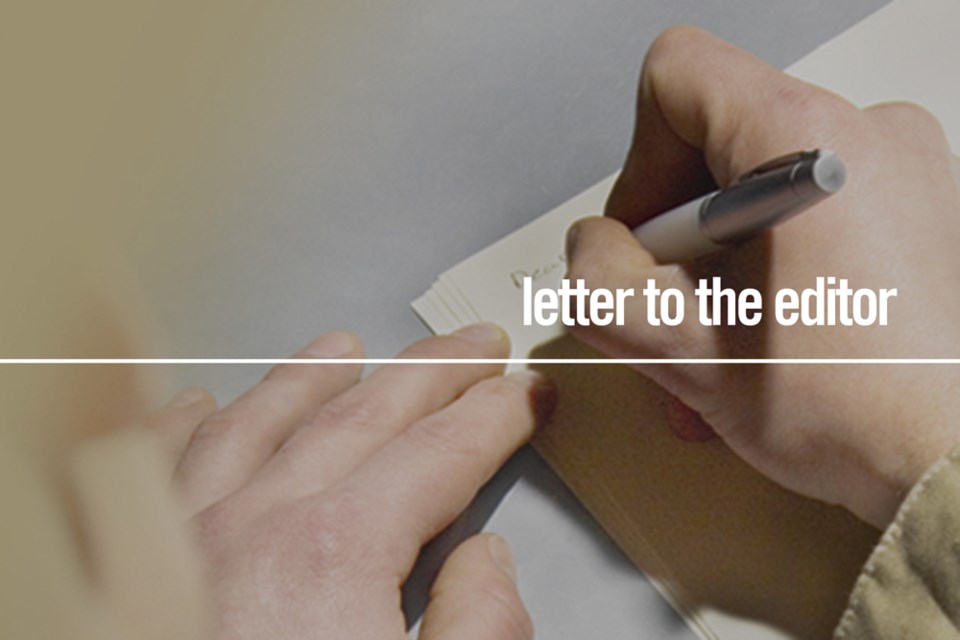It has come out that the bodies of 215 Indigenous children were found in a mass grave in Kamloops, B.C. I have seen the response play out on social media, and overwhelmingly, the tone of the non-Indigenous response has been to label this a "dark mark in our history," including from our prime minister.
This is fundamentally untrue. The work of residential schools continues in Canada's foster system(s), where Indigenous children are routinely removed from their families and placed in the care of non-Indigenous homes. These children face disproportionate rates of abuse in every way, much as their parents, grandparents, aunts, uncles, siblings, and cousins endured in residential schools.
This is not history. Our streets and towns are named for perpetrators of this colonial violence. Our very own Bishop Vital Grandin said, “We instill in them a pronounced distaste for the (Indigenous) life so that they will be humiliated when reminded of their origin. When they graduate from our institutions, the children have lost everything (Indigenous) except their blood.”
How can we, as a city, claim to be making progress toward reconciliation when we proudly name schools, roads, and regions after the purveyor of such monstrous ideals? There is much more that could be quoted, some from Albert Lacombe as well, than can easily fit in a letter to the editor.
Citizens of Edmonton have called for a name change for Grandin LRT Station, and citizens of Winnipeg have now made similar calls, and rightly so. There were 215 children, stolen from homes, left for dead, and buried without remorse or recognition. A similar incident happened in Ireland, near one of the Catholic church’s notorious mother and baby homes (where women pregnant out of wedlock were forced to work, bear their children, and then be separated from them) in Tuam, where the bodies of infants were found tossed in a sewage cistern and buried without mention. There was a mass public outcry against the church and the state for allowing this atrocity to occur. The nation paused and re-evaluated their long-held identity as strong Catholics, and those families that were impacted have received public support and solidarity.
I did not see that same reaction in this country, when confronted with a similar horror.
Often the question is, “Well, what can we do now? That wasn’t me.” The first thing is to believe Indigenous people when they share their often traumatic experiences. The second, is to understand deeply just how this country operates on a state level when it comes to Indigenous policy and relations. The third, is to advocate for Indigenous rights among your own social circles. The burden of explaining this should not fall solely on the shoulders of Indigenous people. We are all Treaty people, and we must do better.
Ciara Fraser, St. Albert


